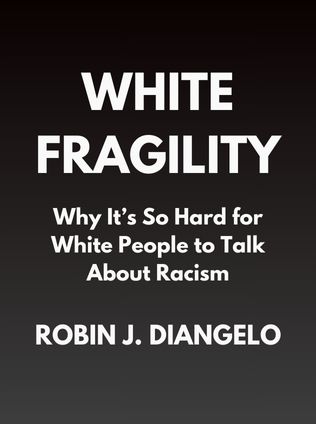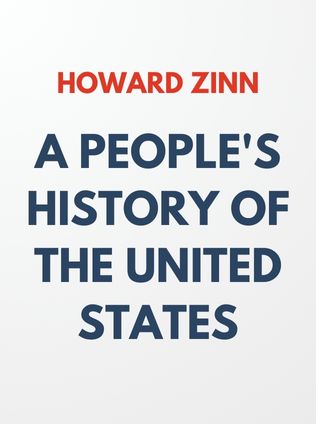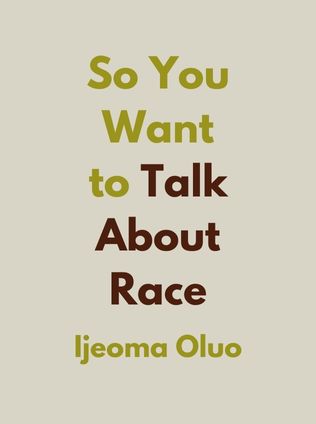
21 Lessons for the 21st Century
By Yuval Noah Harari
Published 09/2018
About the Author
Yuval Noah Harari, an Israeli historian and professor at the Hebrew University of Jerusalem, has become one of the most influential public intellectuals of the 21st century. Harari's work primarily examines the grand narratives of human history, blending insights from history, philosophy, and science to offer a sweeping view of humanity's past, present, and future. His first book, Sapiens: A Brief History of Humankind, explores the evolution of Homo sapiens and has been translated into more than 50 languages. Harari followed this with Homo Deus: A Brief History of Tomorrow, which speculates on the future trajectory of humanity. 21 Lessons for the 21st Century, his third major work, shifts focus to the present, addressing the most pressing challenges and dilemmas of our time. Through his writing, Harari has become a voice of reason and caution in an era marked by rapid technological change, political upheaval, and existential threats.
Main Idea
In 21 Lessons for the 21st Century, Yuval Noah Harari presents a thought-provoking analysis of the complex and interconnected challenges facing humanity today. The book is a collection of essays that tackle various issues—from the impact of artificial intelligence and biotechnology on the labor market to the threats posed by nationalism, religious fundamentalism, and climate change. Harari urges readers to develop a deep understanding of these challenges, as ignorance could lead to disastrous consequences, such as increased inequality, the erosion of human rights, and the possible extinction of our species. He emphasizes the need for global cooperation, critical thinking, and a reevaluation of traditional narratives to navigate the uncertainties of the 21st century. Ultimately, Harari’s message is one of responsibility: the future is in our hands, but we must be wise, informed, and proactive to shape it in a way that benefits all of humanity.
Table of Contents
- Introduction: The Disruption of Modern Life
- Political, Economic, and Social Realities Are Changing
- Global Challenges and the Need for Solutions
- Technology and the Future of Humanity
- Resisting Simplistic Solutions
- Finding Meaning in an Uncertain World
- Conclusion: The Responsibility of the 21st Century
Political, Economic, and Social Realities Are Changing
The 21st century is marked by unprecedented changes that are reshaping the political, economic, and social fabric of societies worldwide. Harari argues that these changes are driven primarily by rapid technological advancements, particularly in the fields of artificial intelligence and biotechnology. These technologies are not only transforming industries and economies but are also challenging the very foundations of political ideologies and social structures.
Historically, political ideologies have provided frameworks for understanding the world and guiding societal progress. Liberalism, which has dominated the political landscape for much of the last century, emphasized individual freedoms, democratic governance, and free-market economies. However, Harari warns that the liberal narrative is becoming increasingly irrelevant in the face of technological disruptions that are creating new forms of inequality, undermining personal autonomy, and eroding democratic processes.
One of the most significant consequences of technological change is its impact on the labor market. Harari discusses the rise of automation and artificial intelligence, which threaten to render many jobs obsolete, particularly those held by low-skilled workers. This could lead to the emergence of a "useless class"—a segment of the population that is unemployable in the new economy. The social and political implications of such a development are profound, as it could exacerbate inequality and create widespread social unrest.
Sign up for FREE and get access to 1,400+ books summaries.
You May Also Like
Rich Dad Poor Dad
What the Rich Teach Their Kids About Money - That the Poor and Middle Class Do Not!
By Robert T. KiyosakiFreakonomics
A Rogue Economist Explores the Hidden Side of Everything
By Steven D. Levitt and Stephen J. DubnerI Am Malala
The Story of the Girl Who Stood Up for Education and Was Shot by the Taliban
By Malala YousafzaiFactfulness
Ten Reasons We're Wrong About the World – and Why Things Are Better Than You Think
By Hans Rosling



















